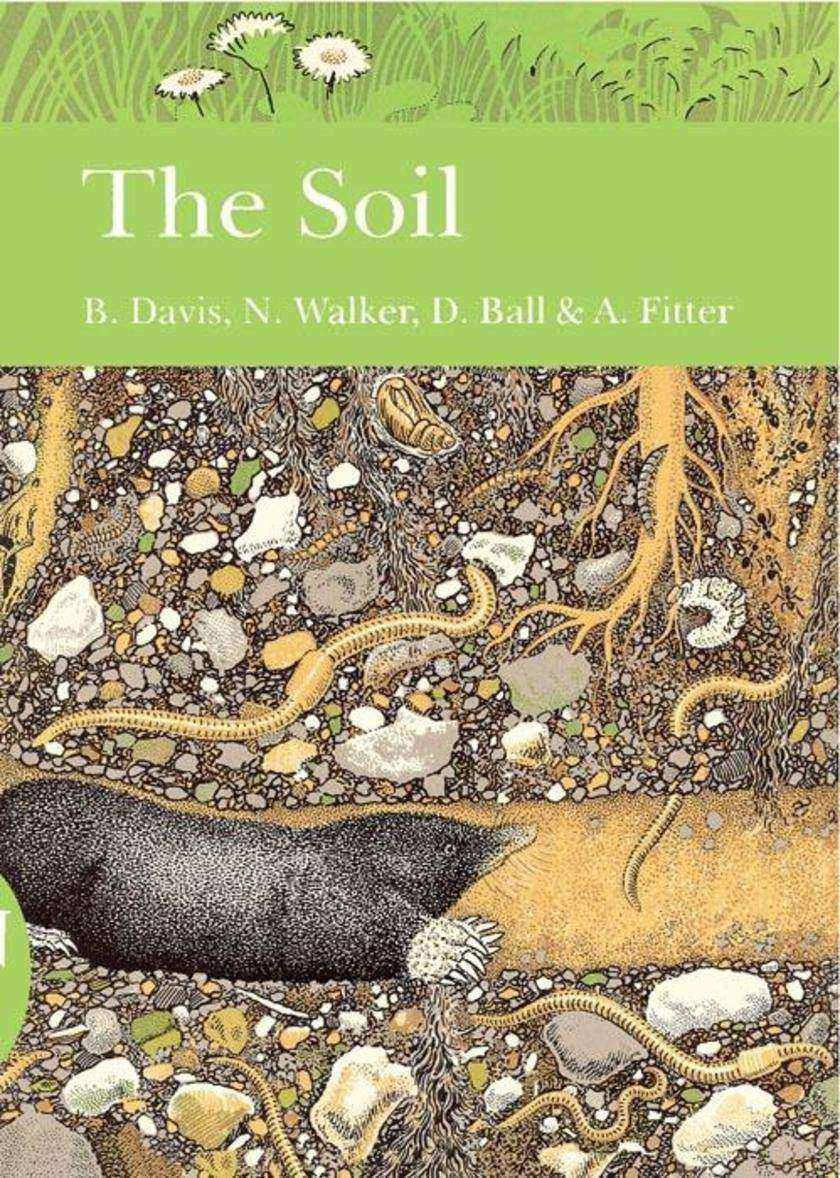
The Soil (Collins New Naturalist Library, Book 77)
¥456.66
The soil is one of the great unsung disappearing resources, with over 100m tonnes being destroyed every year. This edition is exclusive to newnaturalists.com The soil is the work place of farmers and gardeners, but it is also a fascinating environment inhabited by insects that can leap into the air to a record height, multilegged scavengers that are vital to the decomposition of plant matter and the long, thin, entwining strands of thousands of species of fungi. Although soil plays a vital role in the functioning of the world, it has often been overlooked, mainly because it contains a huge range of different fields, all of which have become specialities in their own right. This book brings together specialists in these fields to give a broad overview of the staggering advances that have been made since Sir John Russel's The World Of Soil was published in this series in 1947. The first two chapters introduce the physical structure of the soil. The next four chapters deal with the specific animals and plants and how they exploit this environment. The final four chapters describe how these animals interact and how man has used and abused the soil in his striving to gain more and more from this resource.
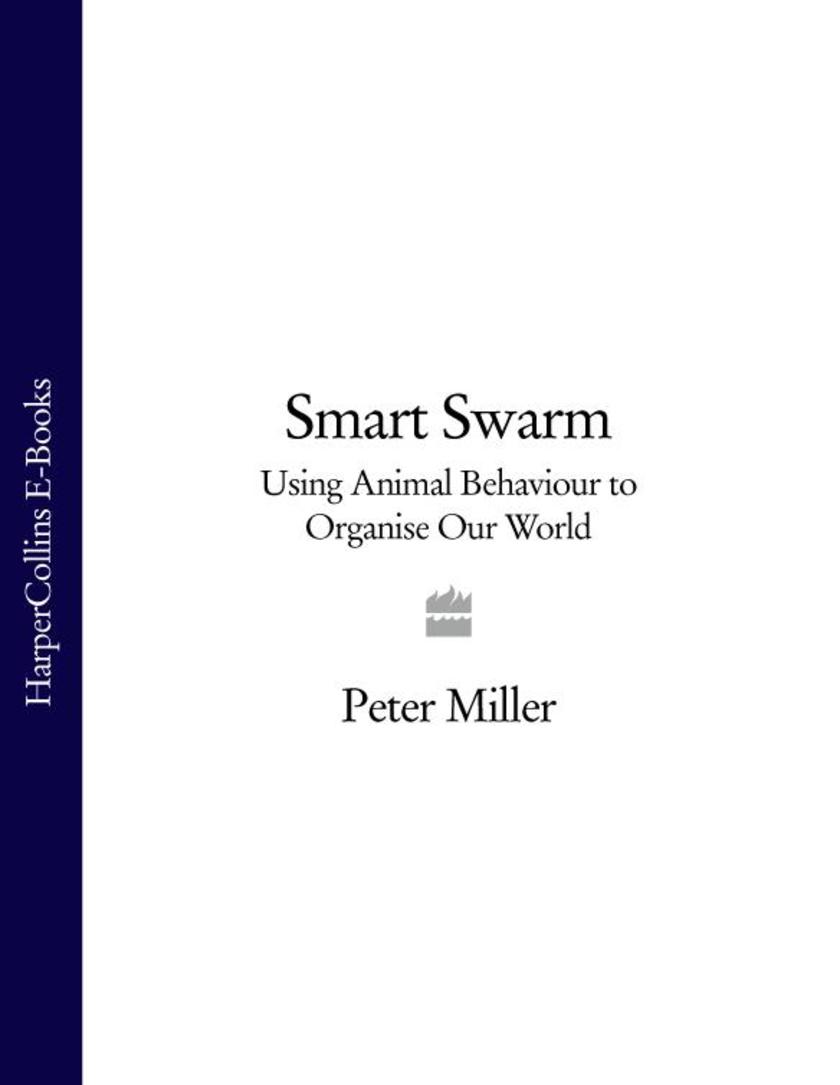
Smart Swarm: Using Animal Behaviour to Organise Our World
¥72.30
How Understanding Flocks, Schools and Colonies Can Make Us Better at Communicating, Decision Making and Getting Things Done. The modern world may be obsessed with speed and productivity, but twenty-first century humans actually have much to learn from the ancient instincts of swarms. A fascinating new take on the concept of collective intelligence and its colourful manifestations in some of our most complex problems, Smart Swarm introduces a compelling new understanding of the real experts on solving our own complex problems relating to such topics as business, politics, and technology. Based on extensive globe-trotting research, this lively tour from National Geographic reporter Peter Miller introduces thriving throngs of ant colonies, which have inspired computer programs for streamlining factory processes, telephone networks, and truck routes; termites, used in recent studies for climate-control solutions; schools of fish, on which the U.S. military modelled a team of robots; and many other examples of the wisdom to be gleaned about the behaviour of crowds-among critters and corporations alike. In the tradition of James Surowiecki's The Wisdom of Crowds and the innovative works of Malcolm Gladwell, Smart Swarm is an entertaining yet enlightening look at small-scale phenomena with big implications for us all.
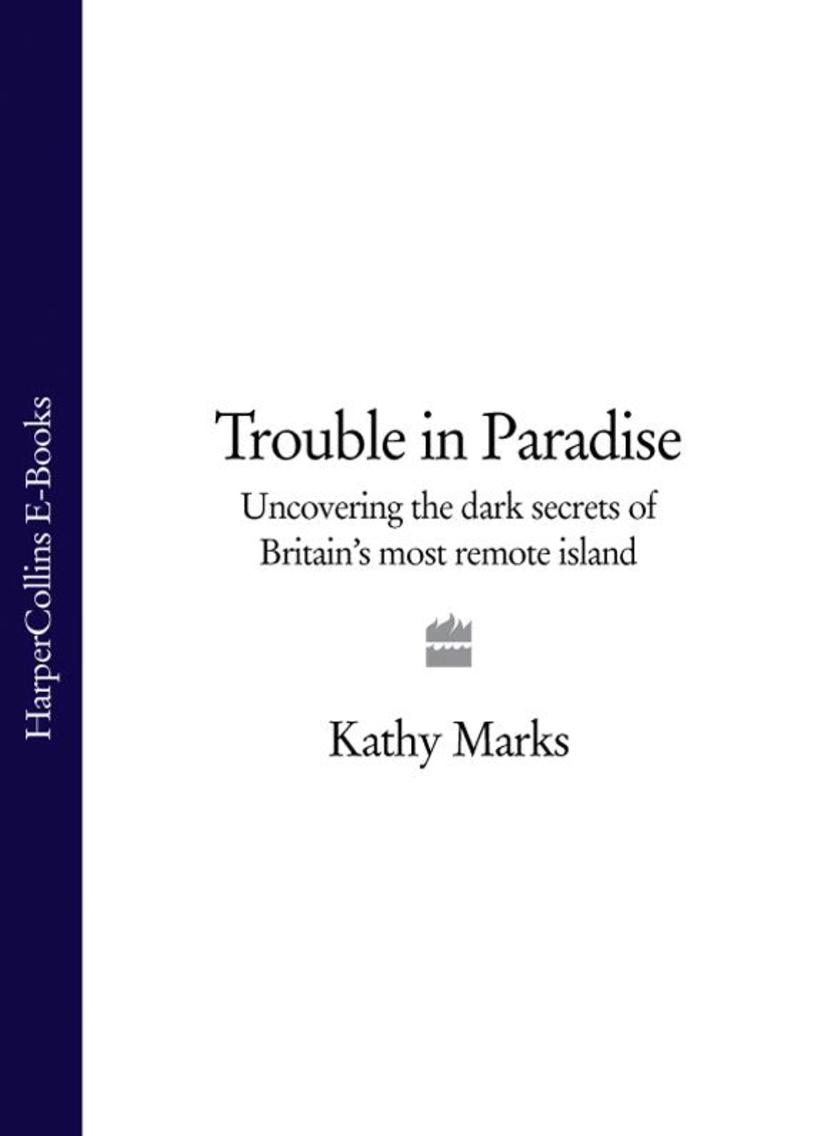
Trouble in Paradise: Uncovering the Dark Secrets of Britain’s Most Remote Island
¥72.40
A shocking exposé of the terrible secrets at the heart of the Pitcairn Island community – a tale of systematic child abuse and rape which stretches back over 40 years. Pitcairn Island – home to the descendants of the mutineers of the Bounty – has long been thought of as a tropical paradise. Wild and remote, it is Britain’s most isolated outpost and a fantasy destination for many. But in 1999, British police, alerted by unsettling reports of a rape, descended on the island. Their investigation developed into a major enquiry which revealed that Pitcairn was the site of widespread and horrific sexual abuse instigated by the island men on girls as young as twelve. Scarcely a man on the island was untainted by the allegations, and almost none of the women had escaped, though most residents feigned ignorance, even when their own daughters were abused. Abusers included the magistrates and police officers as well as brothers and uncles. Few of the victims were able to leave the island; those who did never went back. Kathy Marks was one of only six journalists permitted to live on the island while she reported on the ensuing trial and witnessed Pitcairn's domestic workings first-hand. In this riveting account she documents a society gone badly astray, leaving lives shattered, codes broken and a paradise truly lost.
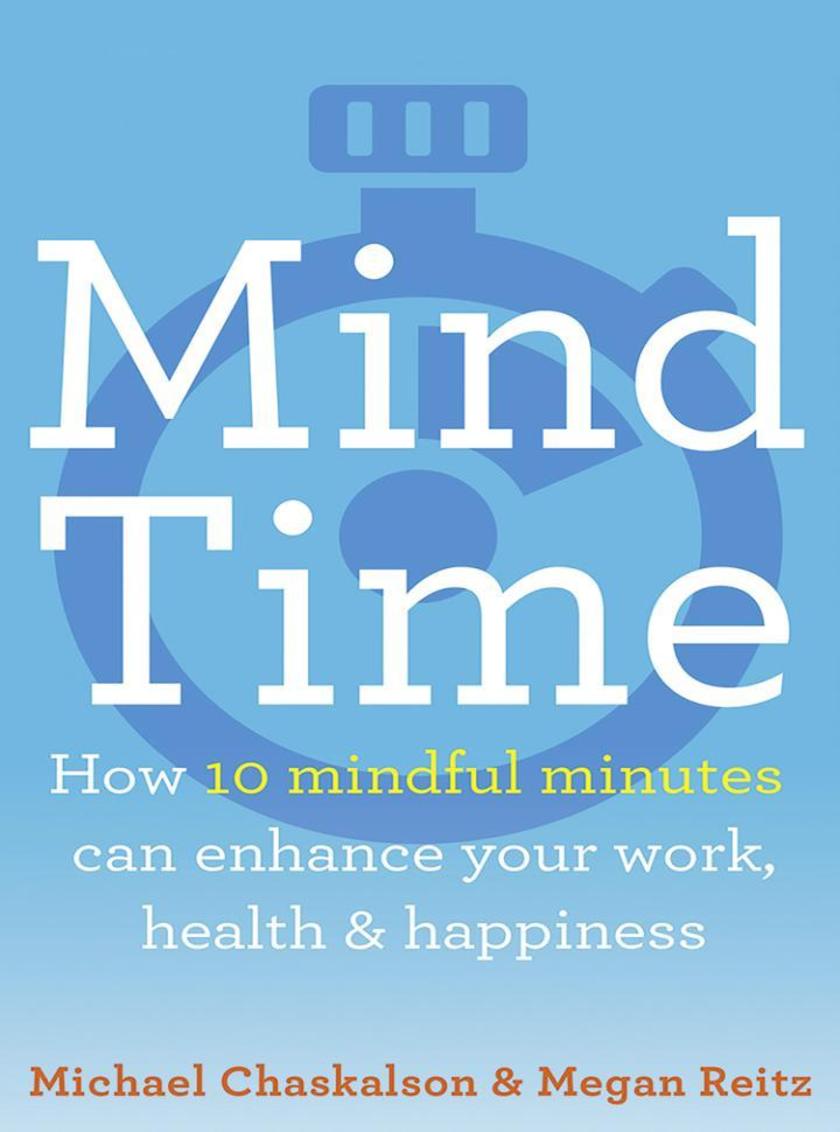
Mind Time: How ten mindful minutes can enhance your work, health and happiness
¥95.75
Michael Chaskalson Michael is one of the pioneers of mindfulness teaching and research in Europe. He is the author of the agenda-setting The Mindful Workplace and Mindfulness in Eight Weeks. Based on his 40 years of personal practice of mindfulness and related disciplines, Michael now shares his insights and research with audiences worldwide as a keynote speaker, coach, consultant, and teacher. Michael is founder and CEO of Mindfulness Works and a Professor of Practice at Ashridge Business School. Dr Megan Reitz Megan is Associate Professor of Leadership and Dialogue at Ashridge Business School where she speaks, researches, and consults on the intersection of leadership, change, dialogue and mindfulness. She has presented her research to audiences throughout the world and is the author of Dialogue in Organizations.
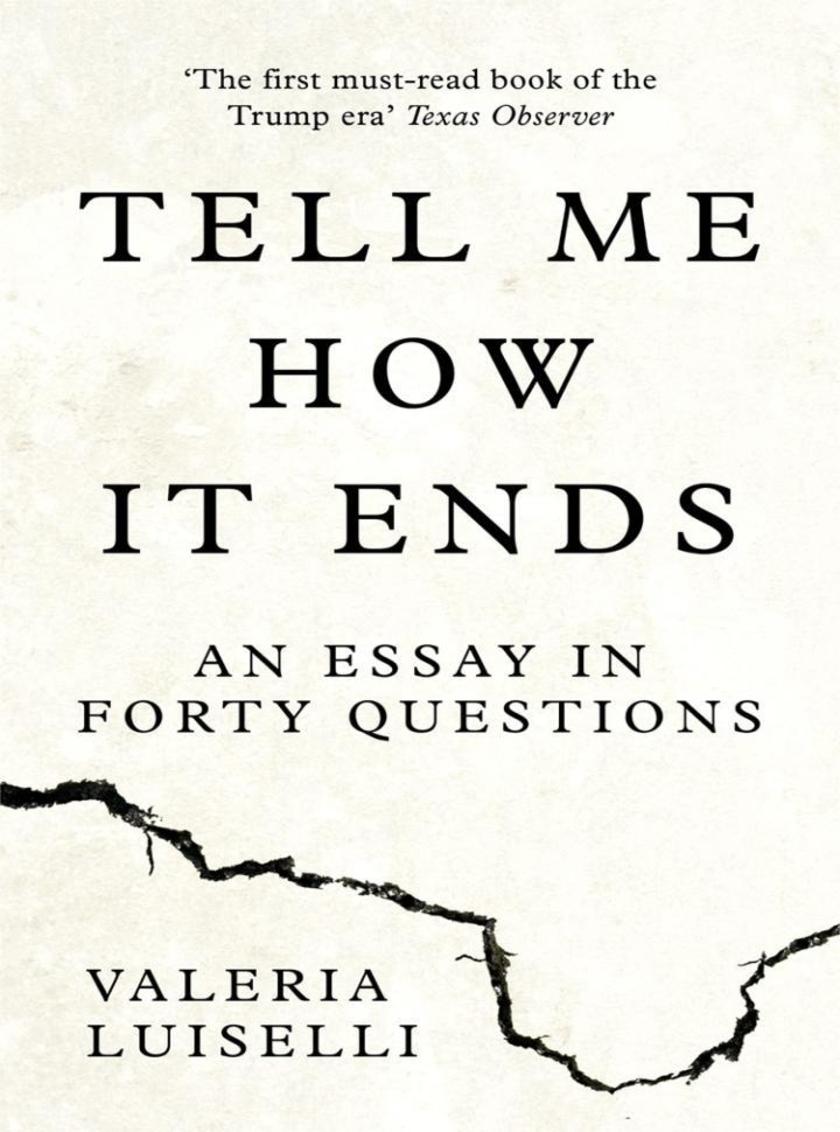
Tell Me How it Ends: An Essay in Forty Questions
¥44.24
Valeria Luiselli was born in Mexico City in 1983. She is the author of the novels Faces in the Crowd and The Story of My Teeth, and of a collection of essays called Sidewalks. Her work has been published in magazines and newspapers such as Letras Libres, the New York Times, the New Yorker, Freeman’s, El Pais and Harper’s and she is published in fifteen languages. She is currently professor of Romance Language and Literature at Hofstra University and lives in New York City.

Stalkers
¥46.11
‘IT’S THE NIGHTS that are the worst. I don’t know where he is, but my imagination tells me he is close at hand. In daylight I can keep the fears down; at night I am alone with the terror that he has created. If he rings me every ten minutes I think I will go mad with it; if he does not ring I worry that he is outside, watching me.’
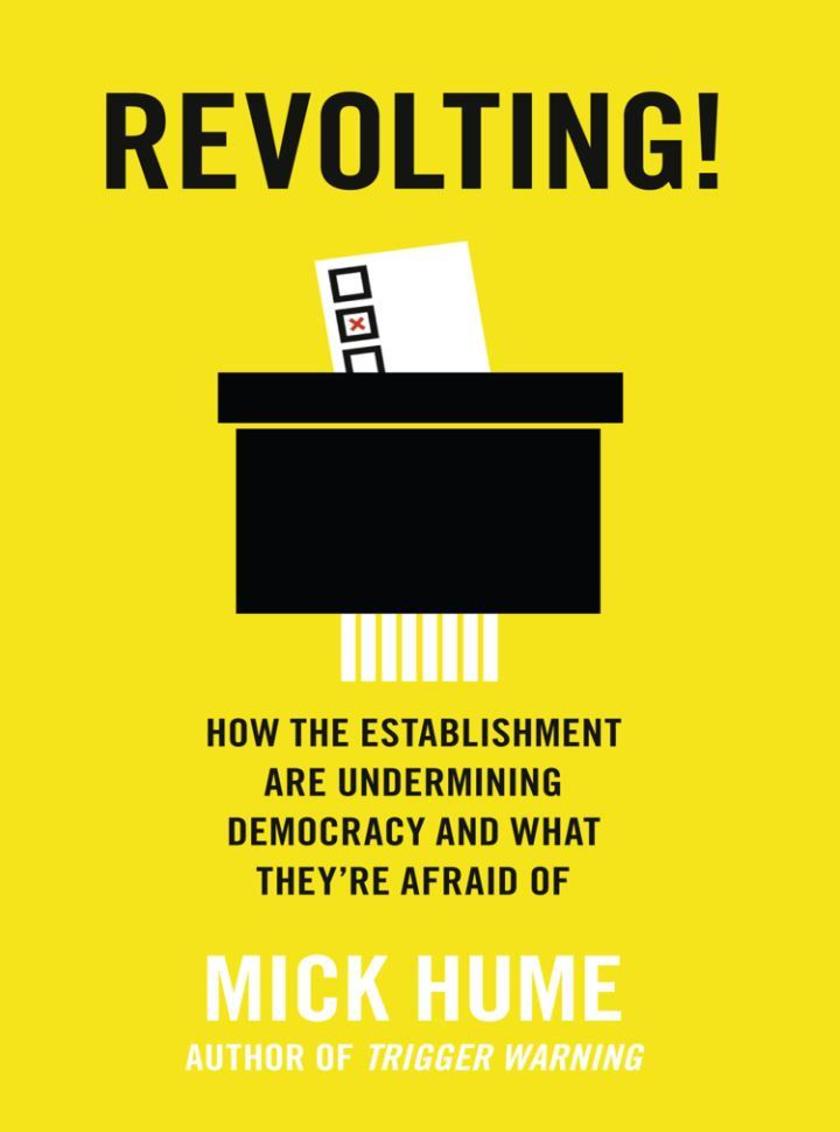
Revolting!: How the Establishment are Undermining Democracy and What They’re Afr
¥51.50
Mick Hume is a journalist and author of ‘Trigger Warning: Is the Fear of Being Offensive Killing Free Speech?’ He is editor-at-large of Spiked and writes regularly on free-speech issues. He had a weekly column in The Times for ten years, and was described as ‘Britain’s only libertarian Marxist newspaper columnist’. More recently he has written in defence of freedom of speech and a free press in The Times, the Sunday Times, the Independent and the Sun.
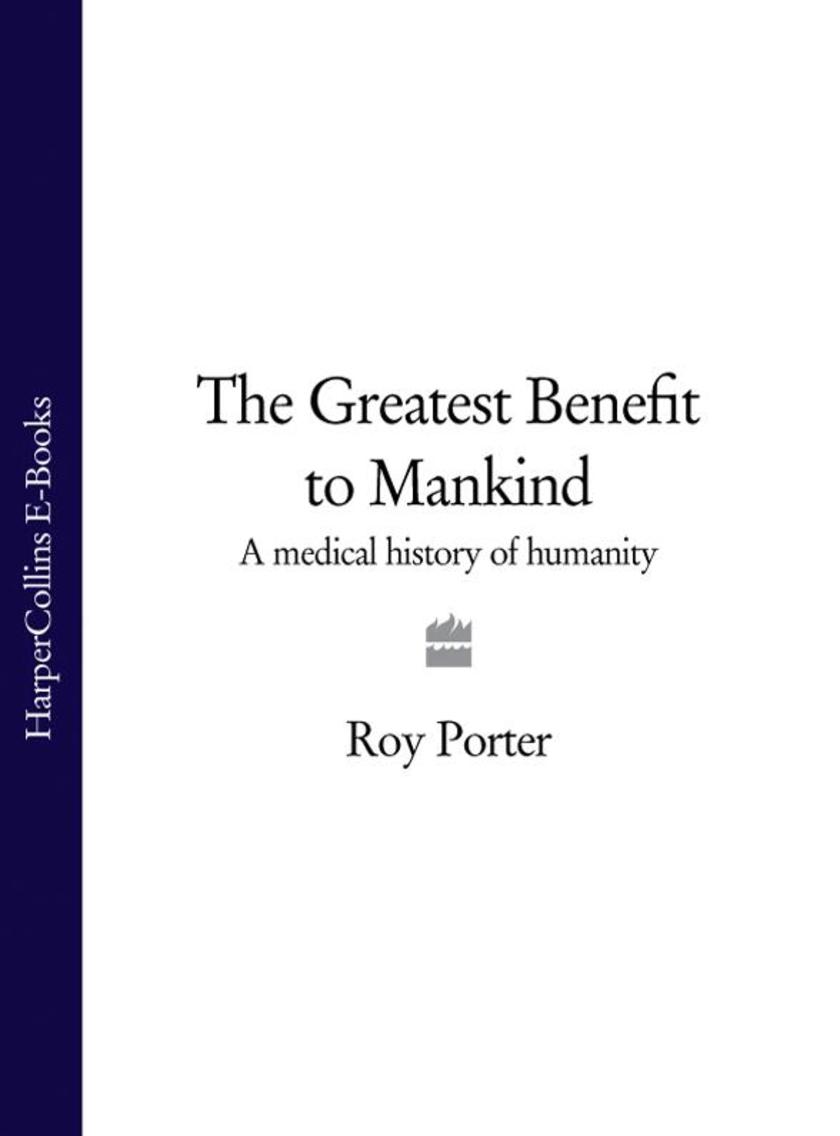
The Greatest Benefit to Mankind: A Medical History of Humanity
¥184.23
Roy Porter is Professor of the Social History of Medicine at the Wellcome Institute for the History of Medicine. He is the editor of the Fontana History of Science series, and the author of over sixty-five books, including the acclaimed bestseller ‘London: A Social History’. His book on the history of madness in England, ‘Mind Forg’d Manacles’, won the Leo Gershoy Prize.
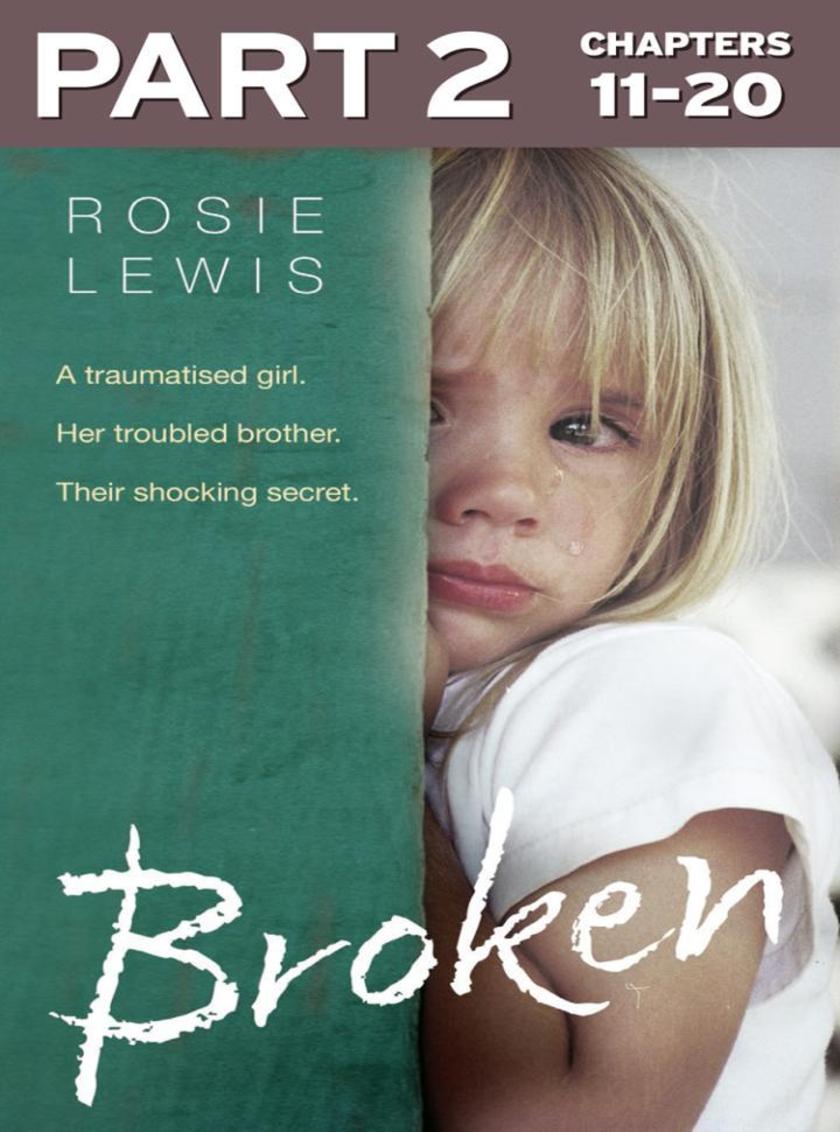
Broken: Part 2 of 3: A traumatised girl. Her troubled brother. Their shocking se
¥23.45
Rosie Lewis is a full-time foster carer. She has been working in this field for over a decade. Before that, she worked in the special units team in the police force.Based in northern England, Rosie writes under a pseudonym to protect the identities of the children she looks after.
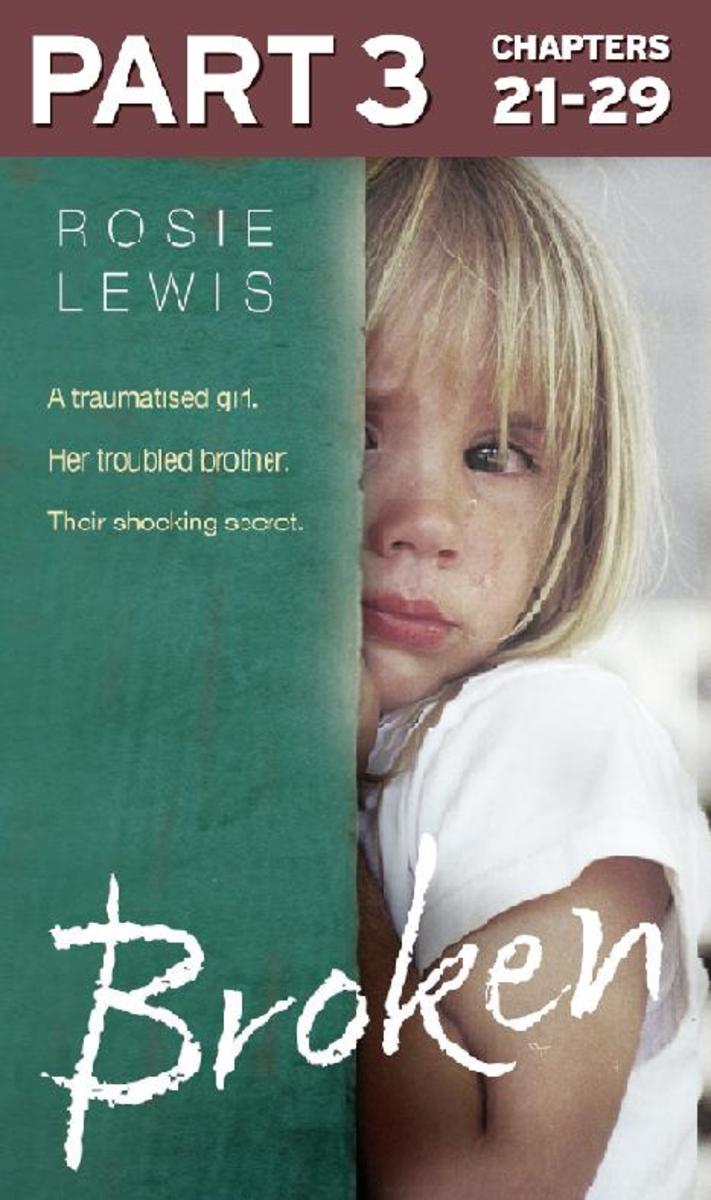
Broken: Part 3 of 3: A traumatised girl. Her troubled brother. Their shocking se
¥23.45
Rosie Lewis is a full-time foster carer. She has been working in this field for over a decade. Before that, she worked in the special units team in the police force.Based in northern England, Rosie writes under a pseudonym to protect the identities of the children she looks after.
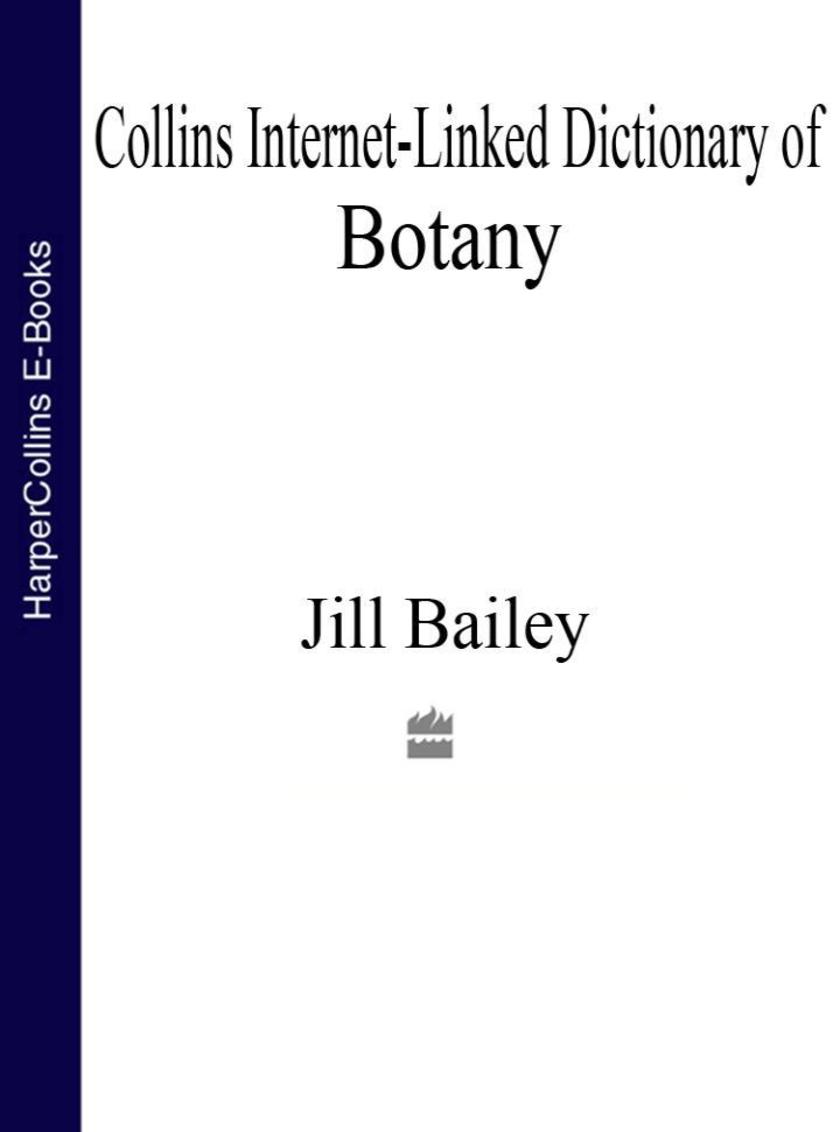
Botany (Collins Internet-Linked Dictionary of)
¥63.27
Compiled by a team of scientists,and edited by Jill Bailey in consultation with Sir John Burnett, Chairman of the Trustees,National Biodiversity Network and Dr Andrew Lack,Senior Lecturer in Environmental Biology,Oxford Brookes University

Healing Your Emotions: Discover your five element type and change your life
¥117.82
Angela & John Hicks are the joint principals of the College of Integrated Chinese medicine in Reading. Angela is author of The Five Laws for Healthy Living, Principles of Acupuncture and Principles of Chinese Medicine. John is author of Principles of Chinese Herbal Medicine. They have been practising for over 17 years.

The Star-Child
¥40.79
The Star-Child is the story of an abandoned infant boy found in the woods by a poor woodcutter, who pities him and takes him in. He grows up to be exceedingly beautiful, but vain, cruel, and arrogant, believing himself to be the divine child of the stars. He lords himself over the other children, who follow him devotedly, and takes pleasure in torturing the forest animals and town beggars alike.

Surviving a Stroke—or Two: The Secret to Recovery
¥8.09
Having a stroke isn't bad. I didn't even know it was happening. It's afterward that all the fun starts. When you can't move or talk—even blink your eyes. That's a scary feeling. This book is a record of my journey—how the strokes happened—and more importantly, the long road to recovery ?
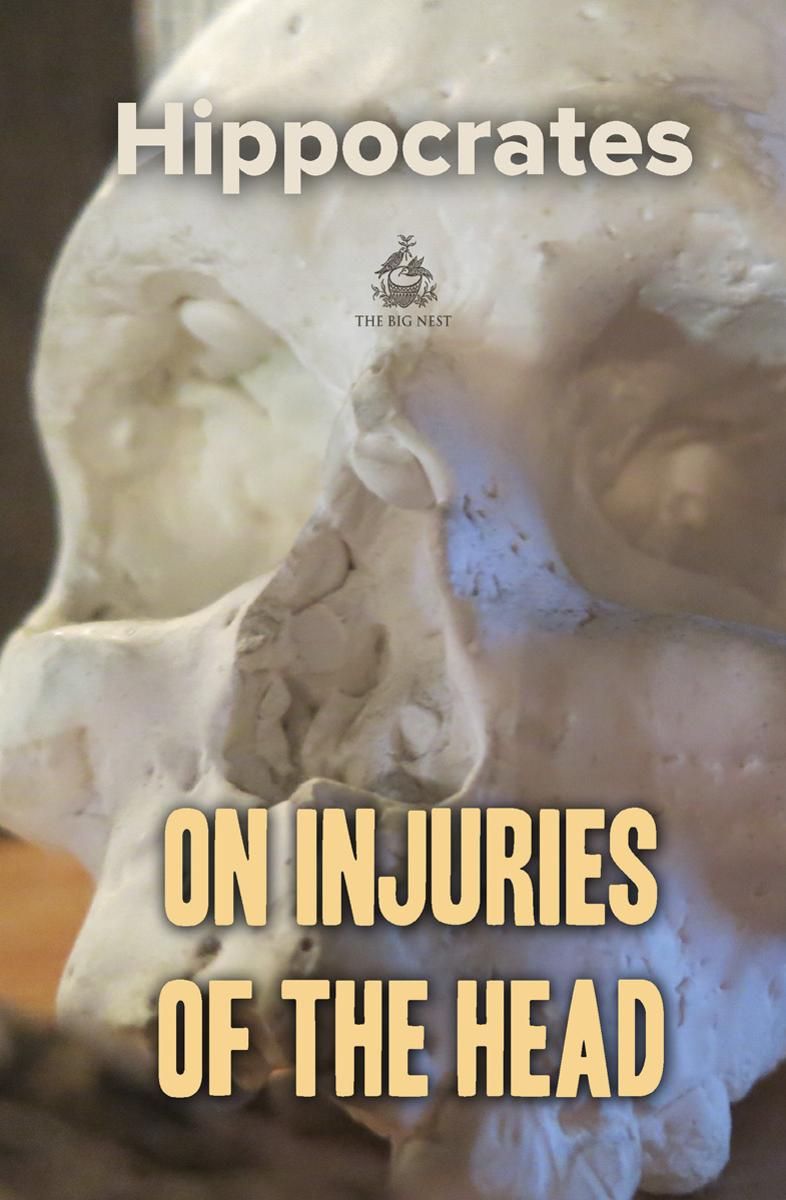
On Injuries of the Head
¥40.79
Men's heads are by no means all like to one another, nor are the sutures of the head of all men constructed in the same form. Thus, whoever has a prominence in the anterior part of the head (by prominence is meant the round protuberant part of the bone which projects beyond the rest of it), in him the sutures of the head take the form of the Greek letter tau, T; for the head has the shorter line running transverse before the prominence, while the other line runs through the middle of the head, all the way to the neck.
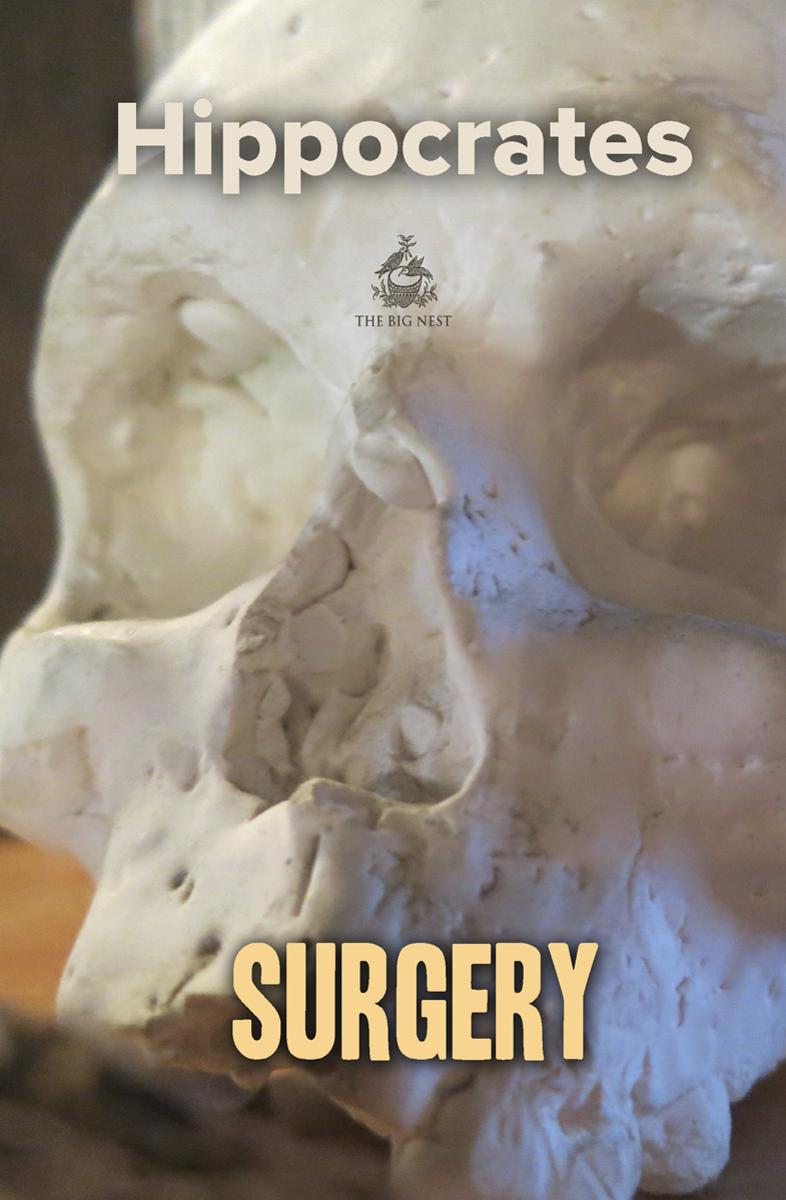
Surgery
¥40.79
It s the business of the physician to know, in the first place, things similar and things dissimilar; those connected with things most important, most easily known, and in anywise known; which are to be seen, touched, and heard; which are to be perceived in the sight, and the touch, and the hearing, and the nose, and the tongue, and the understanding; which are to be known by all the means we know other things.
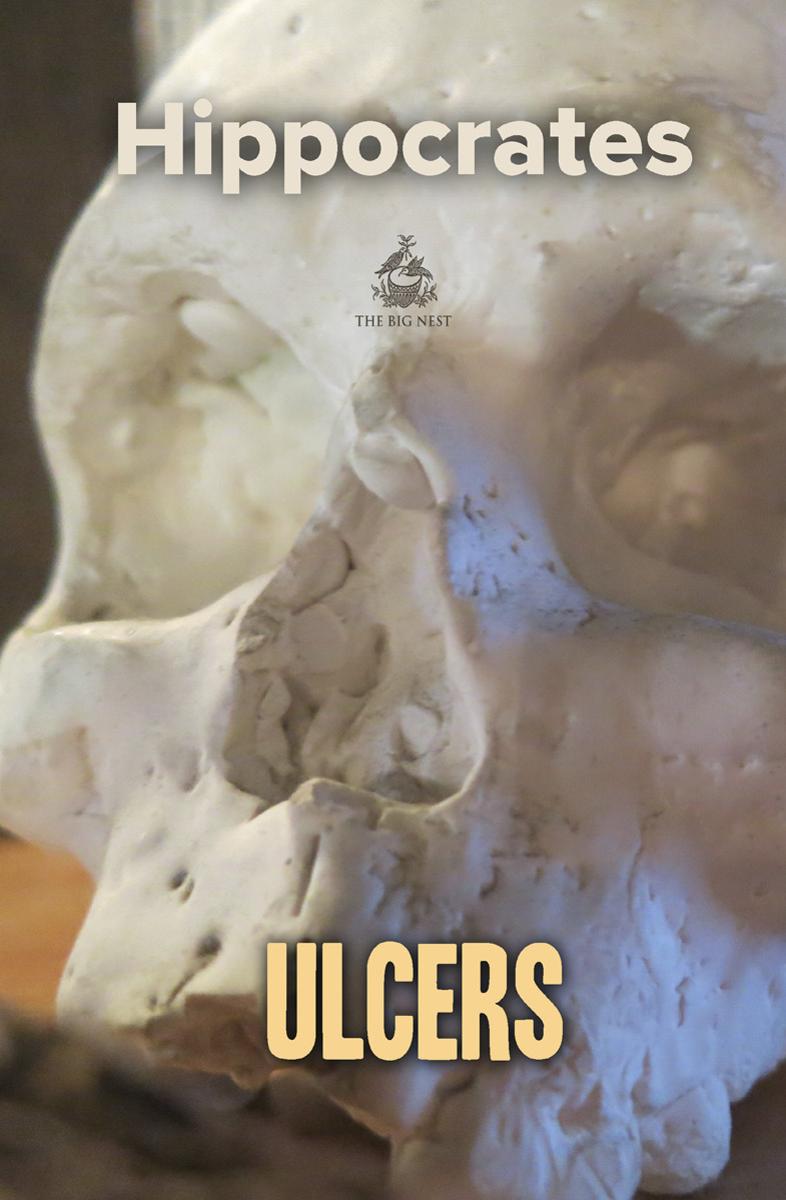
Ulcers
¥40.79
We must avoid wetting all sorts of ulcers except with wine, unless the ulcer be situated in a joint. For, the dry is nearer to the sound, and the wet to the unsound, since an ulcer is wet, but a sound part is dry. And it is better to leave the part without a bandage unless a cataplasm be applied. Neither do certain ulcers admit of cataplasms, and this is the case with the recent rather than the old, and with those situated in joints.
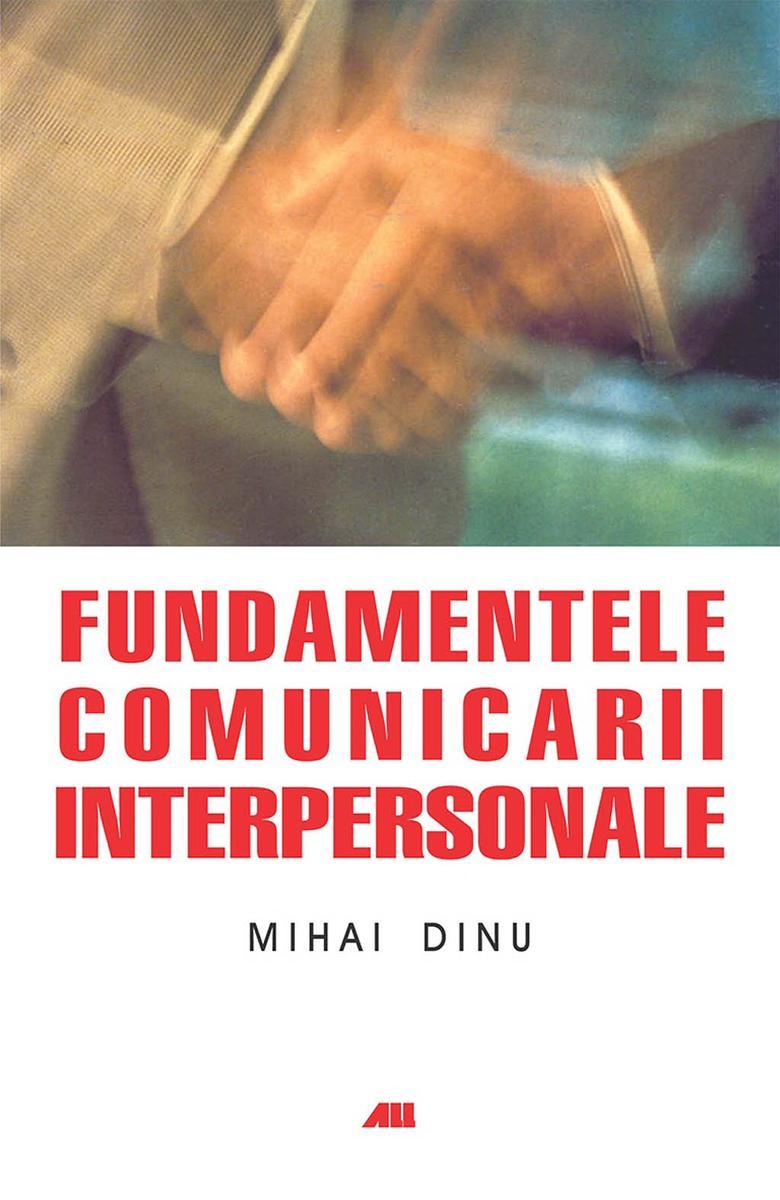
Fundamentele comunic?rii interpersonale
¥48.97
Puericultur? ?i pediatrie pentru asisten?i medicali ofer? elevilor ?colilor postliceale sanitare un instrument de studiu al particularit??ilor fiziologice ?i patologice ale copilului, necesar identific?rii nevoilor fundamentale ale copilului s?n?tos ?i bolnav ?i aplic?rii tehnicilor specifice de ?ngrijire a acestuia.Aceast? carte se dore?te a fi un ghid teoretic pentru elevii ?i asisten?ii medicali care ?ngrijesc copii ?n diverse perioade de dezvoltare, pornind de la premisa c? un copil nu este un adult ?n miniatur?.Lucrarea este astfel conceput? ?nc?t informa?ia oferit? s? acopere cerin?ele programei analitice, s? fie simplu de accesat ?i s? fie u?or de ?n?eles.
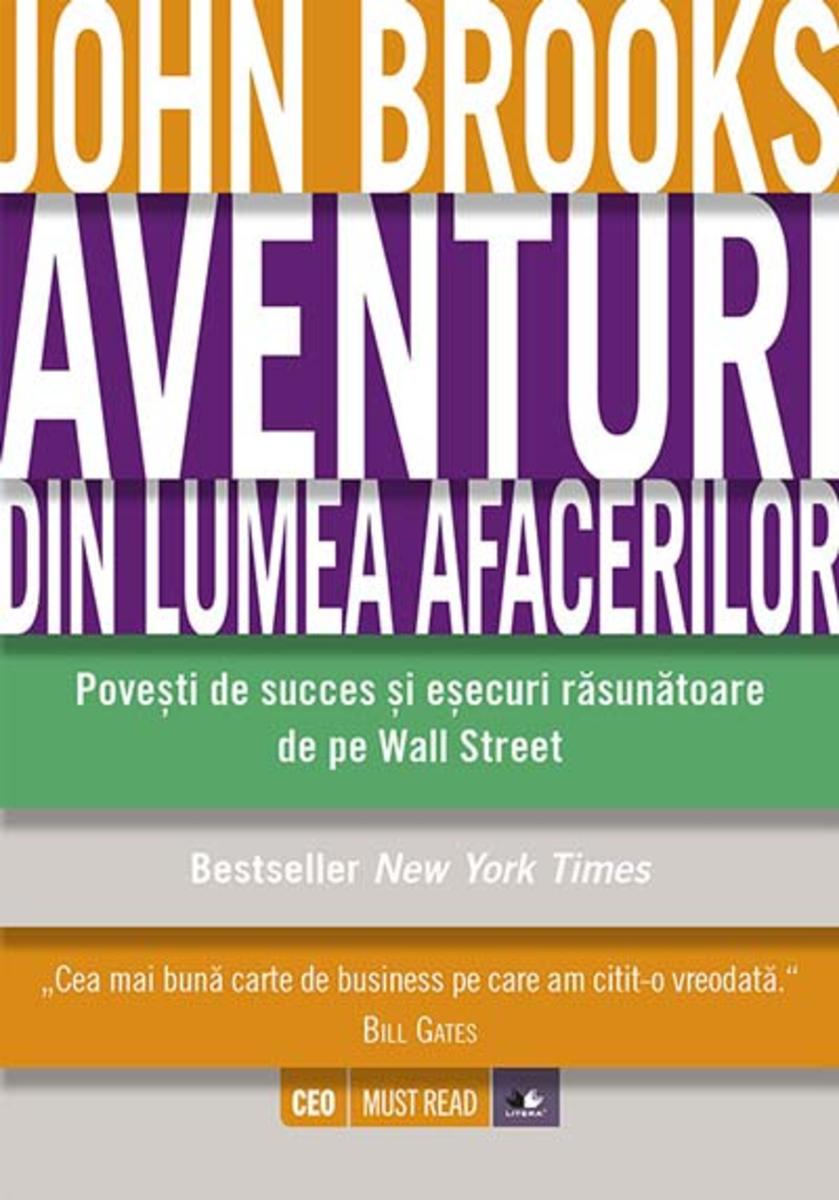
Aventuri din lumea afacerilor. Pove?ti de succes ?i e?ecuri r?sun?toare de pe Wa
¥86.00
Bazat? pe studii ?tiin?ifice care au demonstrat c?t de periculos este zah?rul De ce m?nc?m at?t de mult zah?r? Care sunt pericolele sale ascunse? Ce putem face pentru a renun?a la dependen?a de el? Savantul John Yudkin a fost primul care a demonstrat ?tiin?ific c? zah?rul este nociv pentru s?n?tatea noastr?, avertiz?nd despre leg?tura dintre acesta ?i cariile dentare, gut?, afec?iunile autoimune, boala coronarian? ?i cancer. Cartea sa ne arat? c? zah?rul, aflat ?n cantit??i din ce ?n ce mai mari ?n alimenta?ia noastr?, nu este deloc un pericol de neglijat. Un avertisment valabil ?n prezent mai mult dec?t oric?nd. ?O ?ncercare curajoas? de a ne avertiza cu privire la pofta noastr? de dulce.“ – The British Medical Journal
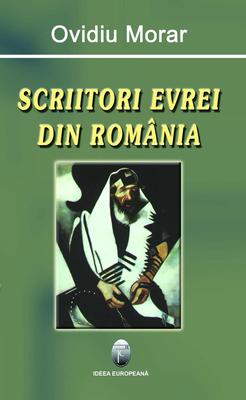
Scriitori evrei din Rom?nia
¥46.36
Pornind de la rezultatele unor cercet?ri ?i experimente ?ndelungate ?n domeniul alimenta?iei, F?nic?-Voinea Ene, renumit specialist ?n medicin? complementar?, ne demonstreaz? c? numai o diet? naturist? ne poate conduce spre o pierdere ?n greutate lesnicioas?, cu pu?ine frustr?ri ?i f?r? s? ne afecteze s?n?tatea, fiindc? ea presupune consumul alimentelor integrale, a?a cum se g?sesc ele pe planeta aceasta de milioane de ani, ?i care au suferit pu?ine prelucr?ri termice sau chimice. Este o diet? bazat? pe respectarea unor reguli specifice: meniul zilnic trebuie s? con?in? numai alimente cu calorii negative, trebuie s? se consume doar ape minerale alcaline plate ?i alimente alcaline; se pune accent pe consumul de gr?simi nesaturate, carbohidra?i cu indice glicemic sc?zut, nu trebuie s? se utilizeze nutrimente glucido-lipidice ?i nici asocieri de glucide cu lipide la aceea?i mas?...
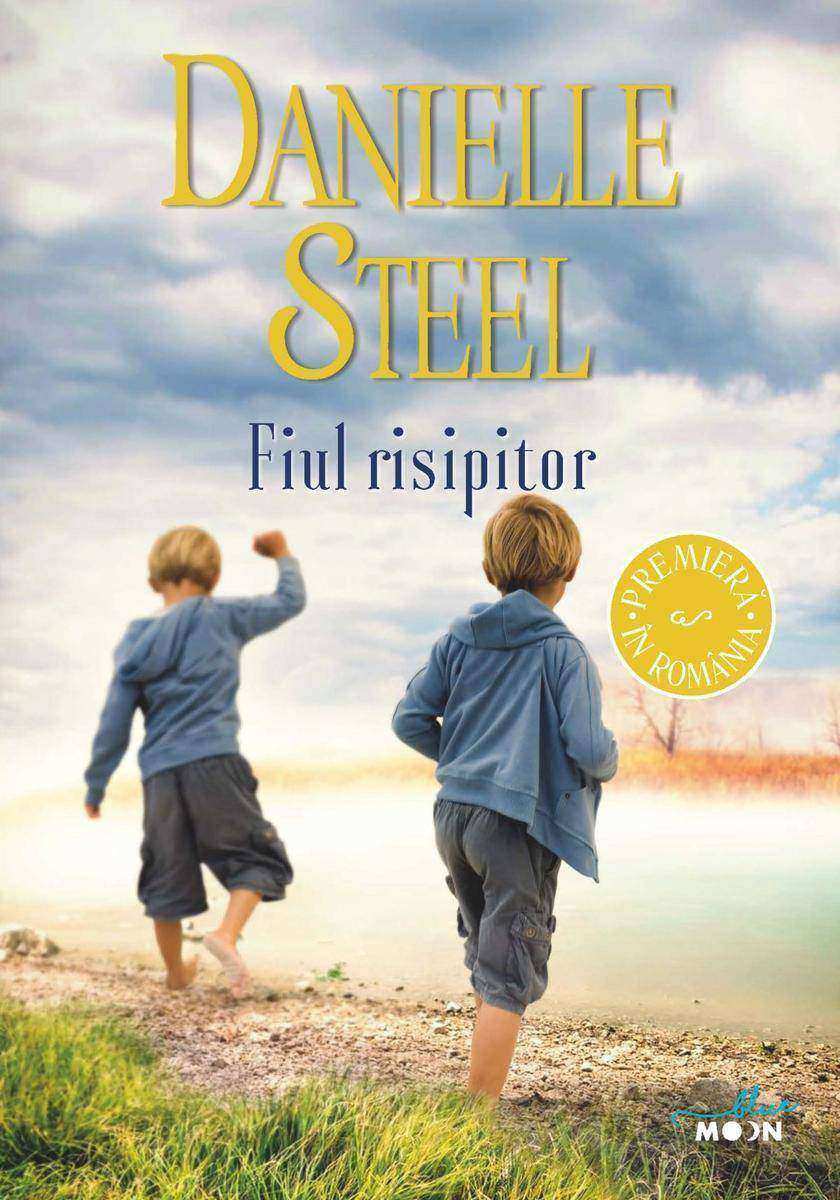
Fiul risipitor
¥68.75
Se spune c? ?nceputurile pot fi uneori ca o cea?? de nep?truns. A?a este ?i cazul acestei pove?ti, care ?ncepe cu apari?ia unei noi specii, probabil ?n urm? cu dou? mii de ani. Specia nu are ?nc? un nume – nimic nu are ?nc? unul – dar are capacitatea de a numi lucruri.Asemenea oric?rei alte noi specii, starea acesteia este fragil?. Num?rul membrilor s?i este mic, iar teritoriul pe care ?l ocup? este redus la o bucat? din estul Africii. Popula?ia sa cre?te treptat, dar apoi, destul de probabil, aceasta se diminueaz? din nou – unii ar spune c? asta se ?nt?mpl? ?ntr-un mod aproape fatal – ajung?nd la doar c?teva mii de perechi.Membrii speciei nu sunt neap?rat foarte rapizi sau puternici sau fertili. Ei sunt ?ns? nemaipomenit de descurc?re?i. Progresiv, ei ?ncep s? exploreze teritorii cu diferite climate, diferi?i pr?d?tori ?i diferite tipuri de v?nat. Nici una dintre constr?ngerile aduse de habitat sau de geografia locului nu pare s? ?i afecteze prea tare.




 购物车
购物车 个人中心
个人中心



